12 Pricey Purchases That May Not Be Worth It in the Long Run

We all know that feeling of wanting to impress others with our stuff. Sometimes we buy things not because we need them, but because we think they make us look good. These purchases might give us a quick boost of confidence, but they often leave our wallets empty and don’t make us any happier in the long run.
1. Luxury Cars That Drain Bank Accounts

People often stretch their budgets for fancy cars with prestigious badges. The allure of turning heads as you cruise down the street can be strong, but the financial reality hits hard when you factor in premium gas, expensive insurance, and costly repairs.
A car’s value drops the moment you drive it off the lot. That $80,000 status symbol might be worth half that in just a few years. Meanwhile, a reliable, modest vehicle gets you to the same places without the financial stress.
2. Designer Handbags That Gather Dust
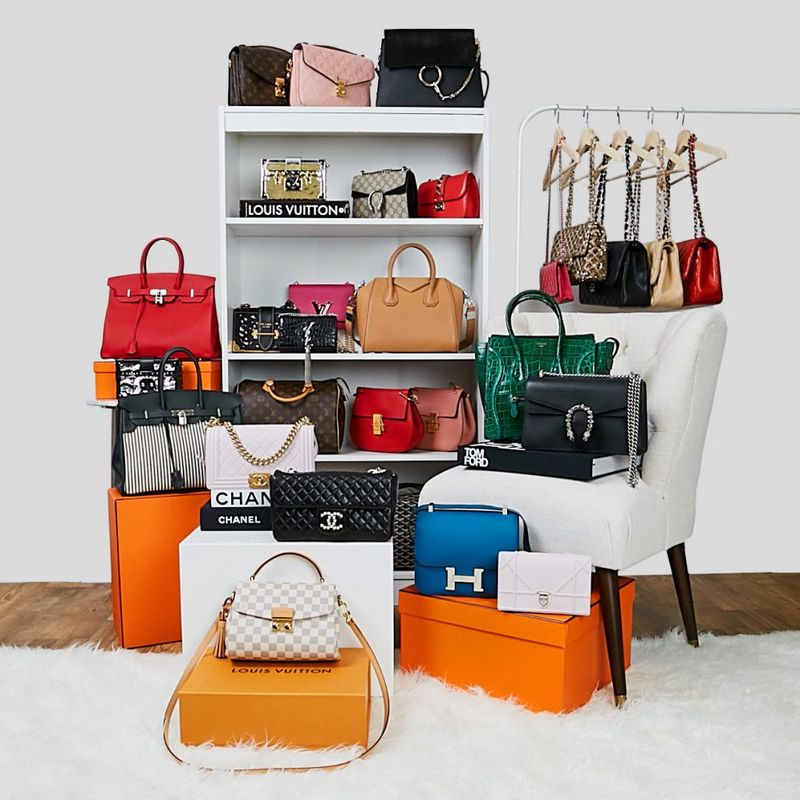
The siren call of that coveted logo-covered purse can be hard to resist. Fashion magazines and influencers showcase them as must-have accessories that supposedly elevate your entire look and life.
Reality check: most designer bags cost thousands but get used only a handful of times before being relegated to the closet. Many people admit they feel pressure to rotate bags to avoid seeming like they don’t have variety. Meanwhile, quality mid-range bags offer the same functionality without the markup.
3. McMansions With Empty Rooms
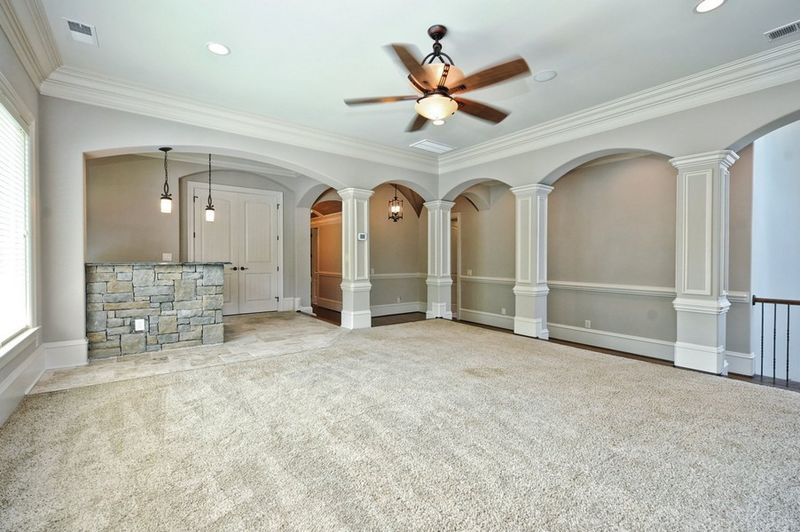
Massive houses in prestigious neighborhoods often serve as status symbols rather than homes. Families stretch themselves thin financially to maintain spaces they rarely use, all to impress occasional visitors.
The burden of cleaning, heating, cooling, and maintaining these showplaces creates constant stress. Studies show that people actually use just a fraction of their living space regularly. Meanwhile, property taxes and utility bills continue to climb with every extra square foot.
4. High-End Watches Nobody Notices
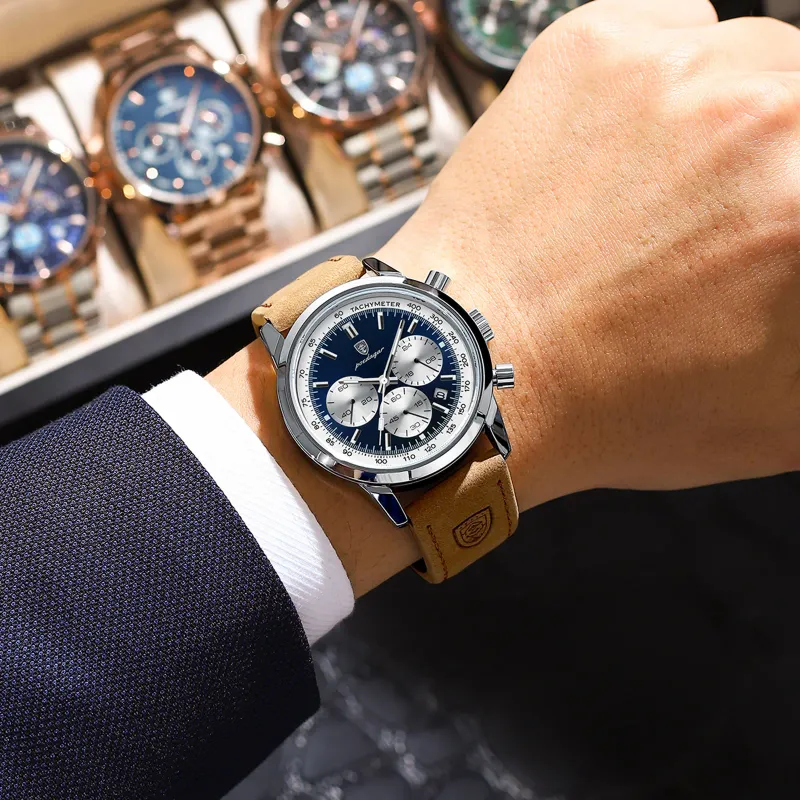
That gleaming timepiece on your wrist might have cost as much as a car, but here’s the truth: almost nobody can tell the difference between your luxury watch and a good-looking $200 alternative. Most people simply don’t have the trained eye to spot what makes your watch special.
The irony? In today’s smartphone world, watches have become largely decorative. The status you seek only registers with fellow watch enthusiasts. For everyone else, your expensive wrist accessory goes completely unnoticed as they check the time on their phones.
5. Private School Tuition That Buys Little Advantage

Many parents sacrifice financially to send their children to prestigious private schools. The assumption is that these expensive institutions guarantee better outcomes and connections that public schools cannot provide.
Research tells a different story. Studies consistently show that student success depends more on parental involvement and the child’s own motivation than school prestige. Many public schools offer comparable education quality, especially in good districts.
The tens of thousands spent annually might better serve your child as college savings or enrichment activities based on their specific interests.
6. Trendy Tech Gadgets That Quickly Become Obsolete
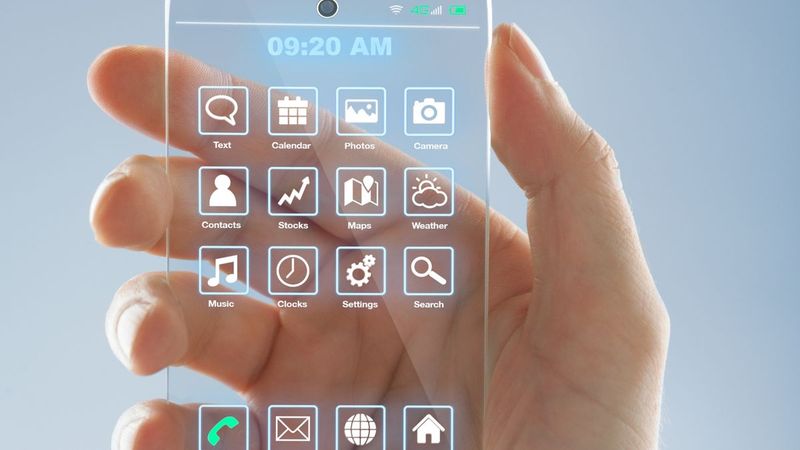
Being first in line for the latest smartphone, smartwatch, or gaming console feels exciting. There’s a rush that comes with having the newest technology before everyone else.
But that expensive device will be outdated within months as newer models arrive. Tech companies deliberately design products with planned obsolescence. Your cutting-edge purchase often loses both monetary value and status appeal rapidly.
Patient consumers who wait just six months typically pay significantly less for nearly identical functionality, avoiding both the premium price and the inevitable bugs of first-generation products.
7. Exclusive Club Memberships That Go Unused
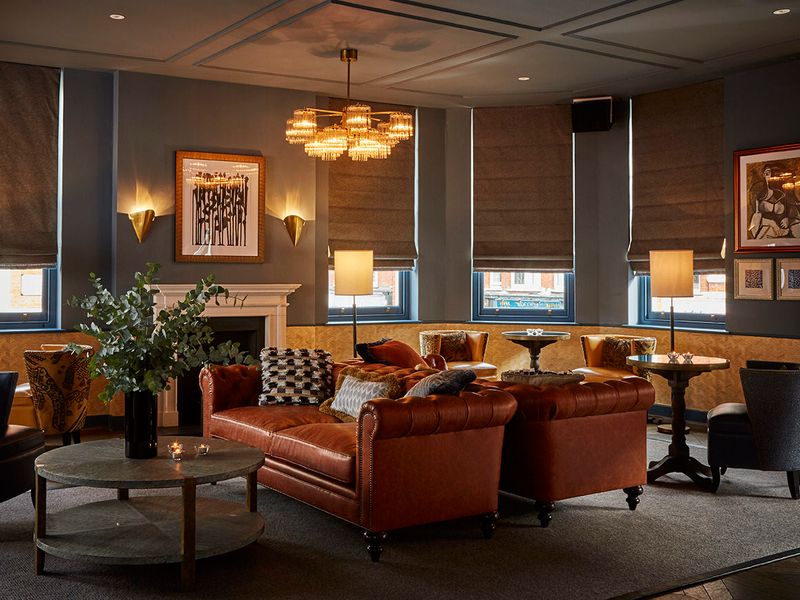
Country clubs, exclusive gyms, and members-only venues often serve as status markers more than practical resources. The hefty initiation fees and monthly dues buy access to facilities and social circles that supposedly set you apart.
Most members visit far less frequently than they planned when signing up. Life gets busy, and that tennis court or premium networking opportunity sits waiting while your automatic payments continue.
Many find that the connections they hoped to make remain superficial, while the financial commitment creates pressure rather than enjoyment.
8. Vacation Homes That Create More Stress Than Relaxation

Owning a second home in a desirable location sounds like the ultimate success symbol. Reality often involves maintenance headaches, property management issues, and the pressure to use it frequently to justify the expense.
Many vacation homeowners report feeling guilty when not using their properties. They end up vacationing at the same spot repeatedly rather than exploring new destinations. Meanwhile, the mortgage, taxes, and upkeep costs continue year-round.
Renting luxury accommodations often provides more flexibility and variety at a fraction of the ownership cost.
9. Premium Credit Cards With Underused Perks
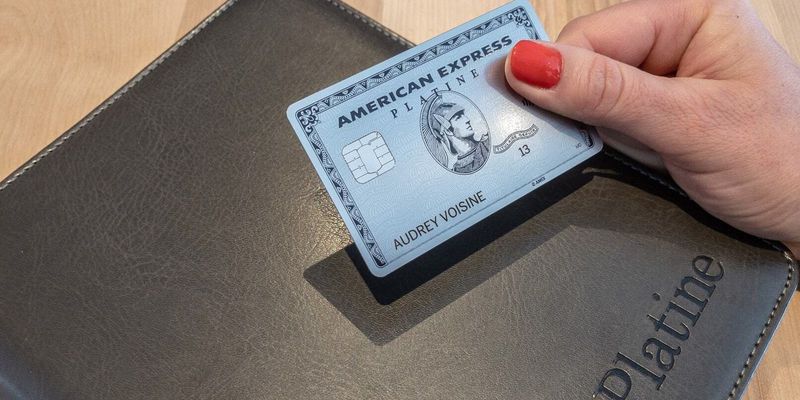
The metal clank of a premium credit card hitting the table at dinner signals success and exclusivity. Annual fees of hundreds or even thousands of dollars supposedly unlock valuable benefits and elite status.
Card companies know that most cardholders never fully utilize the travel credits, concierge services, and lounge access they’re paying for. The perceived status value drives sign-ups more than practical benefits.
A careful analysis often reveals that no-fee or lower-fee cards provide better actual value for most spending patterns when you calculate the real cost versus benefits used.
10. Branded Clothing That Turns You Into A Walking Billboard

Clothing with prominent designer logos essentially means paying extra to advertise for a company. The markup on these items is astronomical compared to their production cost, yet we willingly pay to display someone else’s brand.
Fashion insiders often note that truly wealthy and sophisticated consumers increasingly prefer subtle, logo-free quality pieces. The loudest logos are frequently found on entry-level luxury items specifically marketed to status-seekers.
Well-made, properly fitted clothing from lesser-known brands often receives more genuine compliments and ages better than flashy logo-covered alternatives.
11. First-Class Airline Tickets For Short Flights
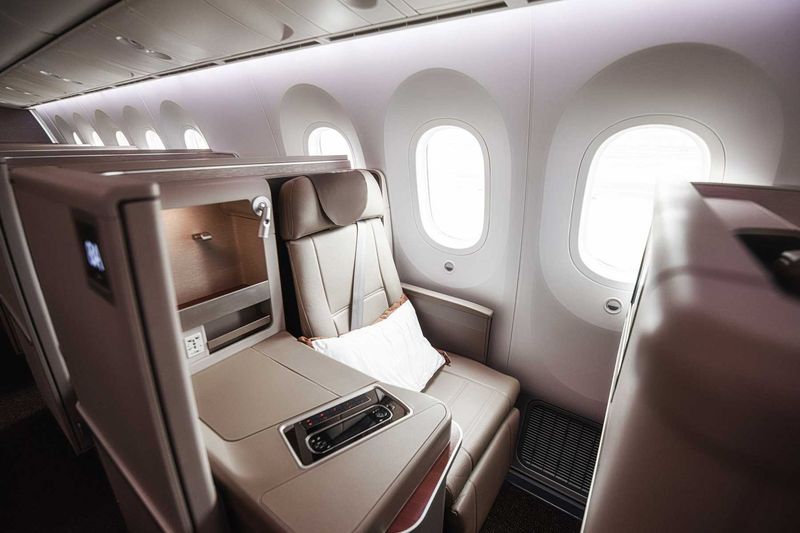
The champagne welcome and extra legroom of first-class flying feels special. On short domestic flights, however, you’re paying a premium price for minimal actual benefits and just slightly earlier deplaning.
A two-hour flight simply doesn’t provide enough time to enjoy the supposed luxury experience that commands prices often 4-5 times higher than economy. The actual time saved boarding and deplaning might amount to just minutes.
For truly long international flights, business class occasionally makes practical sense for comfort. But domestic first-class is primarily about perceived status rather than value.
12. Bottled Water From Exotic Sources
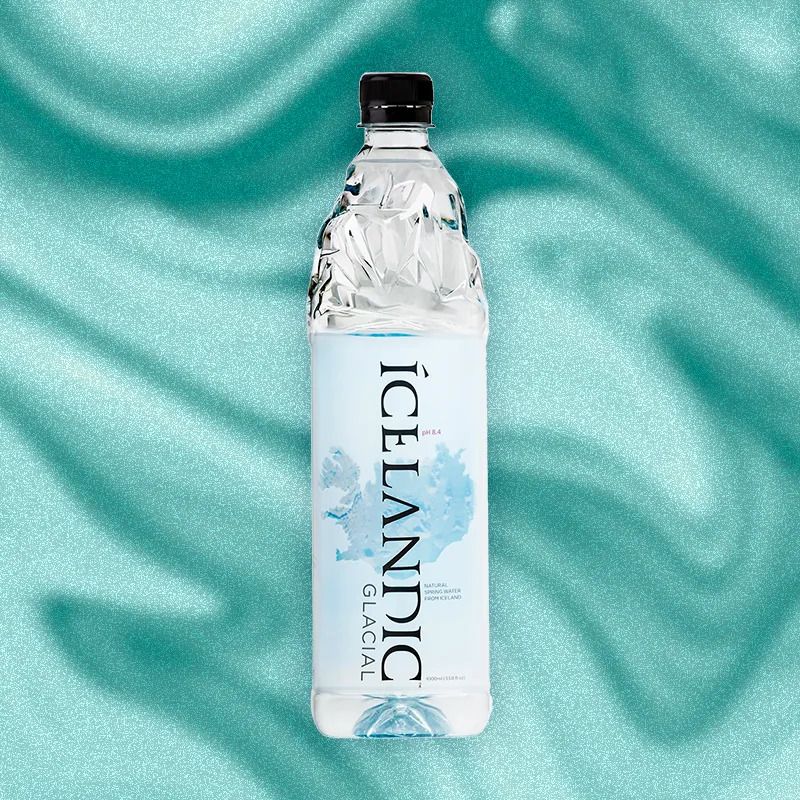
Some people pay astonishing prices for water bottled from remote glaciers or exotic islands, believing it confers health benefits or sophistication. The environmental impact of shipping heavy water globally is enormous, and blind taste tests consistently show people can’t identify premium waters.
Most municipal water in developed countries meets strict safety standards. Home filtration systems offer an environmentally friendly alternative for those concerned about taste or specific contaminants.
The markup on bottled water often exceeds 1,000% compared to tap water, making it one of the most profitable status products ever created.

Comments
Loading…